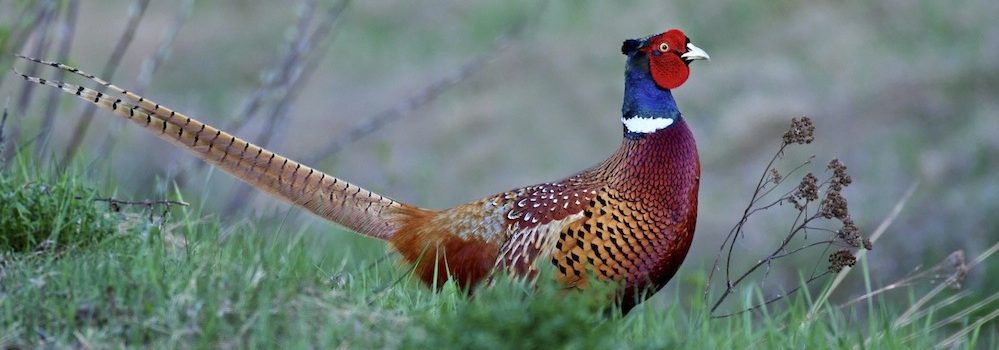Gamekeeping – Not Everyones Cup Of Tea!
Gamekeeping may not be an obvious career choice, but for those who enjoy working outdoors with wildlife in a natural environment or enjoy country sports then it is an excellent choice for a rewarding career. Gamekeeping is an age old, very traditional profession and the skills involved with this role are often passed down through generations.
HOW TO START
There is no fixed route into this particular career, which often involves wearing a variety of very different hats. Many agricultural colleges offer qualified courses for would be gamekeepers, but in this hands on profession, it is experience that counts as it takes time to develop the broad set of skills that are associated with this type of role. Formal training is beneficial, but not essential.
WHAT DOES A GAMEKEEPER DO?
Gamekeeping is an incredibly green profession. Keepers help to conserve the natural environment and ensure that wildlife can thrive in our countryside. A key element of the role is to manage areas of woodland, field’s and hedgerows that are inhabited by a range of game species deer, pheasant, grouse, partridges and hares, making sure that the environment allows each animal to thrive healthily.
Another important element of the keeper’s routine is successfully raising game birds for the coming shooting season and protecting them from predators and disease.
Land is managed, primarily for organised shoots, the thriving wildlife creates a harvestable surplus of game for sport and a habitat for the raised game birds that many shoots ‘bring on’ each Spring and Summer.
Gamekeepers across the UK help to create a healthy balance in our countryside, conserving both flora and fauna by maintaining favourable, natural conditions.
AN EVOLVING INDUSTRY
Over the years, the role of the gamekeeper has become more technical and today, gamekeepers have a broader set of skills than ever before. Skills could include any combination of the following:
- Controlling predators – foxes, birds of prey, mink and other unwelcome predators.
- Prevention of poaching – the gamekeeper will prevent poaching from occurring on all areas of the estate.
- Breeding and rearing of game – then releasing it into the wild to boost numbers.
- Deer management – with no natural predators since wolves disappeared from our UK countryside, in some areas, numbers need to be maintained at a sustainable level for the benefit of the deer themselves.
- Planning and supervising shoots – usually weekly or every other week during the season
- Training gun dogs
- Hiring, training and supervising other members of staff
- Planning and supervising fishing parties
- Budgeting – working within the limits of an estates annual budget
- Veterinary Medicines – handling and administering medicine to wildlife as necessary
- Maintaining and repairing equipment
- Managing rivers and streams stocked with salmon and trout – a river keeper is called a ghillie.
TRAINING
There are a range of training courses that can boost your chance of gaining employment as a gamekeeper as long as you are able to gain practical experience alongside the course.
In addition to dedicated courses specifically designed for gamekeepers, any course focussing on countryside management, or the environment would be very useful.
There are several licences and certificates that are likely to be a requirement, including:
- Drivers licence
- Shotgun certificate
- Firearms certificate
- Chainsaw certification
- Health and safety certification
On the job training, working as an assistant to an experienced gamekeeper will teach you invaluable skills and experience in situ. Practical experience and knowledge is something that is valued a great deal by employers. Apprenticeship schemes are another excellent route; look for schemes that will help you to gain practical experience in countryside and wildlife management.
NOT EVERYONES CUP OF TEA
There are currently around 3000 full time gamekeepers working in the UK, many others work on a part time or seasonal basis. The hours are long and much of the work manual. Flexibility, great organisational skills and excellent communication skills are essential.
A PASSION FOR THE COUNTRYSIDE
Working outdoors in all weathers and often alone is certainly not everyone’s cup of tea, but for the right guy or girl, game keeping is the perfect match and as any game keeper would agree, not just a job but a way of life.



